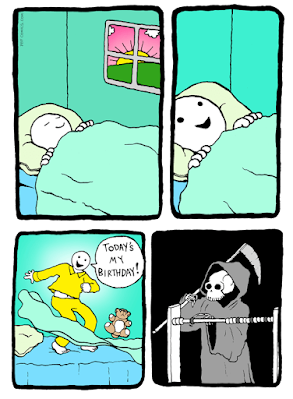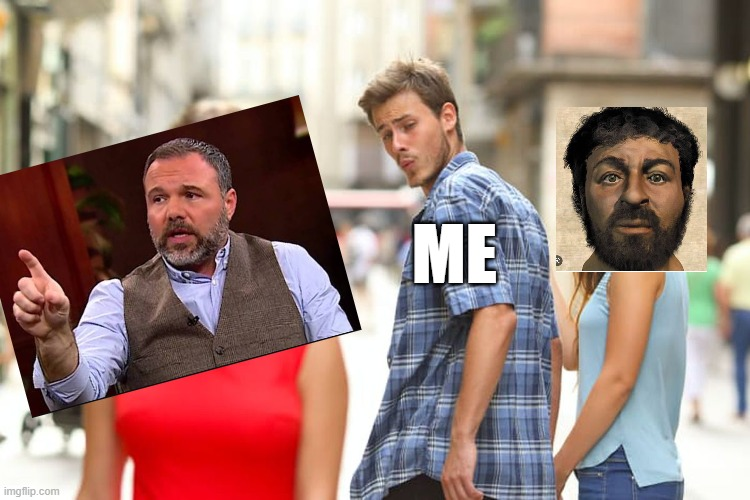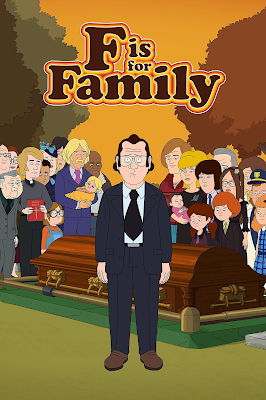Happy Halloween, Friends!
I wanted to get into the spirit this year, so enjoy a spooky short I wrote just for today!
Trevor checked Rotten Tomatoes between calls at the office, glancing at the group chat in his periphery. It was ritualistic and ingrained in his routine, like checking social media for Likes or watching Late Night hosts recap yesterday’s news when he woke. An action movie was top billing on the site currently, canvassing every inch of the display with promotional interviews and thumbnails. The film, Equinox Protocol, was polling an anemic 38%.
There were many films Trevor could have seen, many books he could have read, his schedule never accommodating or flexible enough for either these days. As a child, he had plenty of time to watch movies at his father’s country house, in part because he was alone, with no friends to play with for miles. His father’s encompassing collection of film and television swaddled him in the warmth of companionship, and that was fine.
Trevor scrolled down the page. On the list of critical releases, The Haunting at Haight and Ashbury was number one, with a proud score of 92%. Critics raved that “its use of supernatural horror to emulate the fears of marginalized communities in gentrified urban areas was, bar none, the best use of the genre in decades.” It was an art film, celebrated at Cannes and lauded with a standing ovation lasting over twenty-eight minutes. Trevor frowned, as if excluded and oppressed, clicking through pictures of the cast and crew basking in waves of adulation, knowing that he would never be able to see the film.
It was simple.
He couldn’t watch horror films.
They terrified him.
Later that day, Trevor clocked out of work, leaving the office in the rearview mirror, and drove the long road home along PCH, all the way from Santa Monica to his ho-hum townhome in Oxnard. He thumped to the beat of his music at first, listened to true crime podcasts, then put on some music again, bleeding out the tedium in short bursts.
At home, Trevor made some canned soup and slumped down into his couch, scrolling through social media as the TV played reruns, unattended.
There were other horror movies that he had seen in his life, although most of them unwillingly. The fear they evoked was unsettling, despite knowing full well that ghosts and poltergeists were works of fiction. Yet something about them seemed more real than they appeared to be. He was religious, yes. And he did accommodate for the possibility of demons and angels walking amongst the living—alongside more acceptable things like God. He even considered the possibility that certain dreams he experienced in his youth were prognostications of his own belief in God coming to the fore, when demons tormented him in waking dreams.
But ghosts? No chance. Not even a little bit.
At 10:30 PM, Trevor turned off the TV, rolled off the couch, and walked to bed.
Lying still, he pulled up Wikipedia on his phone and searched for the article on The Haunting at Haight and Ashbury, swiping down the page, reading the synopsis with rapt attention. Apparently, the story was an anthology, in four parts, each woven together by a larger narrative.
Part one centered on a lesbian florist, Summer Gaines, in the early ’70s, who is tormented by the ghosts of Chinese laborers, whom her ancestors had contracted to build her family’s home but then, of course, refused to compensate. When they complained and threatened to go to the authorities, her great-great-grandfather had them killed, hiding their bodies in the masonry. Their hands, faces, and twisted forms, now a part of the house, take their vengeance on the florist. The finale includes the spirits interring her in the walls of the very house that entombed them, with no one to mourn her or place flowers on her grave.
Part two, taking place in the late ’80s, is about a land developer, Patrick Martini, who buys the block of Masonic and Haight to turn it in to an open market. All the tenants are happy to sell, despite their appearance of being against it, and all succumb to the allure of wealth, except Esther, an aging Haitian woman who is accidentally killed by the thugs the man hires to harass and push her out of her home. The open market is built and brings prosperity to the aging district during the mid-’90s, except for the developer who is tormented by the zombie of Esther, raised by her estranged daughter, Zelda—who briefly dated Summer in the late ’60s.
Trevor swiped downward, feeling the chill of the room on his neck.
Part three, he reads, is about a landlord, Dominic Anselmo. In the fall of 2004, he raises the rent of a tenement—on the block of Ashbury and Waller—to capitalize on the recent gentrification of his already exclusive neighborhood. A single mother named Helen, with a sick child, is evicted from her impoverished apartment in the dead of winter and succumbs to hypothermia in the freezing rain. The child miraculously survives and is adopted by a gay couple, George and Hank Rafferty, in 2008. However, when they move into the newly refurbished apartments, they notice things compulsively misplaced, like a dish towel or a colander. Both the couple and the landlord, who are mutual friends, are tormented and stalked by the poltergeist of the woman, who wants her baby and home returned to her.
A creak in the walls halted Trevor from reading the final description.
In the darkness of his room, Trevor leaned over to turn on the light at his bedside and thrust his billowy comforter over his head. He knew that ghosts weren’t real, that supernatural entities were the extant components of psychosis. Yet he could feel them in his room, the characters, made as real as the films he refused to see. A bedroom overcrowded with ghouls and killers, spirits and demons, abstracted from synopsis and recounted by film critics. Trevor tried to go to sleep and prayed for better dreams as the noise machine in his room faltered and skipped.






